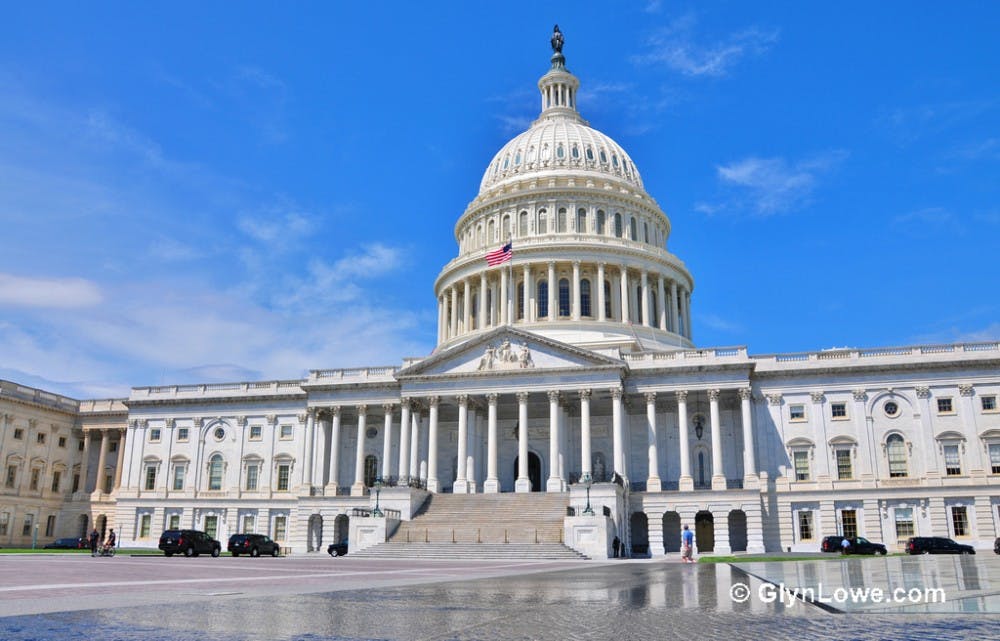The recently passed Republican tax bill ultimately did not include a provision that would have classified graduate student tuition waivers as taxable income. However, many graduates have criticized the University for inadequately supporting and communicating with them while the provision was being considered.
Congress signed the final version of the Republican tax bill, the Tax Cuts and Jobs Act, into law on Dec. 22, 2016. This bill includes changes that will affect individuals, families and corporations.
The provision that concerned graduates would have repealed tax exemptions on tuition waivers for graduate students employed as teaching and research assistants.
Had this provision been included in the final version of the bill, many students across the country would have seen their taxes increase dramatically. At Hopkins, some graduate students would have seen a dramatic reduction in their pay, jeopardizing their ability to pursue graduate or doctoral degrees.
Graduate students like Rhiannon Miller, a sociology PhD student, were relieved the provision ultimately failed. Miller also believes that the negative effects of the provision outweighed any possible justifications.
“A lot of the analysis I had read and professors around campus suggested that it seemed unlikely that it would be included because… it’s actually such a small source of revenue,” Miller said. “It would have very large consequences in terms of the amount of support that universities could provide.”
Ding Xuan Ng, an economics PhD student, said that he was disappointed that the University did not provide firm support or guarantee that graduate students would be protected from the bill.
“While the tax bill was still in committee… we were hoping for the administration to come forward more directly to tell us that we would be insulated from the effects of the bill, no matter what happened,” Ng said.
Matthias Lalisse, a cognitive science PhD student, also said that he felt the administration’s response was insufficient compared to that of peer institutions. Additionally, both Lalisse and Ng reflected on whether graduate student tuition fees are actually necessary, particular for upper-level PhD students who receive tuition waivers, are no longer enrolled in classes, and primarily function as researchers.
“It’s kind of a transparently misleading gambit on [the University’s] part to try to put forward this illusion, because we never end up paying tuition,” Lalisse said. “It allows them to say without any evidence that we are primarily students.”
Other prominent changes in the Tax Cuts and Jobs Act include the repealing of the individual health mandate in 2019. This mandate, part of the Affordable Care Act, requires that Americans enroll in a health insurance plan or face a tax penalty. This change is projected to lead to an increase in tax premiums, resulting in 13 million fewer Americans with health insurance over the next decade.
The bill also contains the largest one-time corporate tax cut in history. This plan also lowers tax rates for individuals and families at almost every income level, including those in the highest income bracket.
Miller expressed disappointment that the bill provides tax breaks to higher income tax brackets.
“On the whole, it seems that middle class families will break even, more or less,” Miller said. “I am certainly disheartened to learn that the majority of those who will benefit are in the higher tax brackets.”
Lalisse also commented on the bill as a whole. While he is relieved that graduate tuition waivers remain untaxed, he thinks that the tax plan could have negative effects in the long term.
“It comes along with a massive redistribution of wealth to the top,” he said. “That’s a real threat to democracy, as well as the government’s ability to sustain essential social programs that are probably going to be massively cut in the next few years. It’s a massive catastrophe.”





